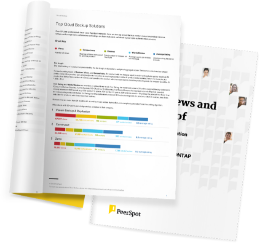I primarily use two previews of the product for Dev and two for QA as part of the production process. Whatever tools our company is using, the cost of a license in IBM WebSphere Message Broker is about 80% of all these software or tools. The message routing capabilities satisfy workflow efficiency. The product supports message formats of XML, JSON, and SSID, which are around 24 KB to 50 KB in size. The solution supports communication protocols like STTP and TCP. Features like DataGraph need to be introduced in IBM WebSphere Message Broker. Some of the clients of our organization are using an outdated version of IBM WebSphere Message Broker for which the vendor doesn't provide direct support anymore. For the aforementioned version, our company professionals can solve the queries on their own without seeking support from IBM. During the installation of a prior version of IBM WebSphere Message Broker, sometimes I have to configure the failovers through the cluster, where issues arise, and I often seek help from the support team. The solution is being used by some medicine companies in our organization that receive sales orders from the EDR or JDE. I would not recommend the product to others as its becoming obsolete and they can rather choose a middleware solution from Amazon or Azure. But I would overall rate the product a nine out of ten.




